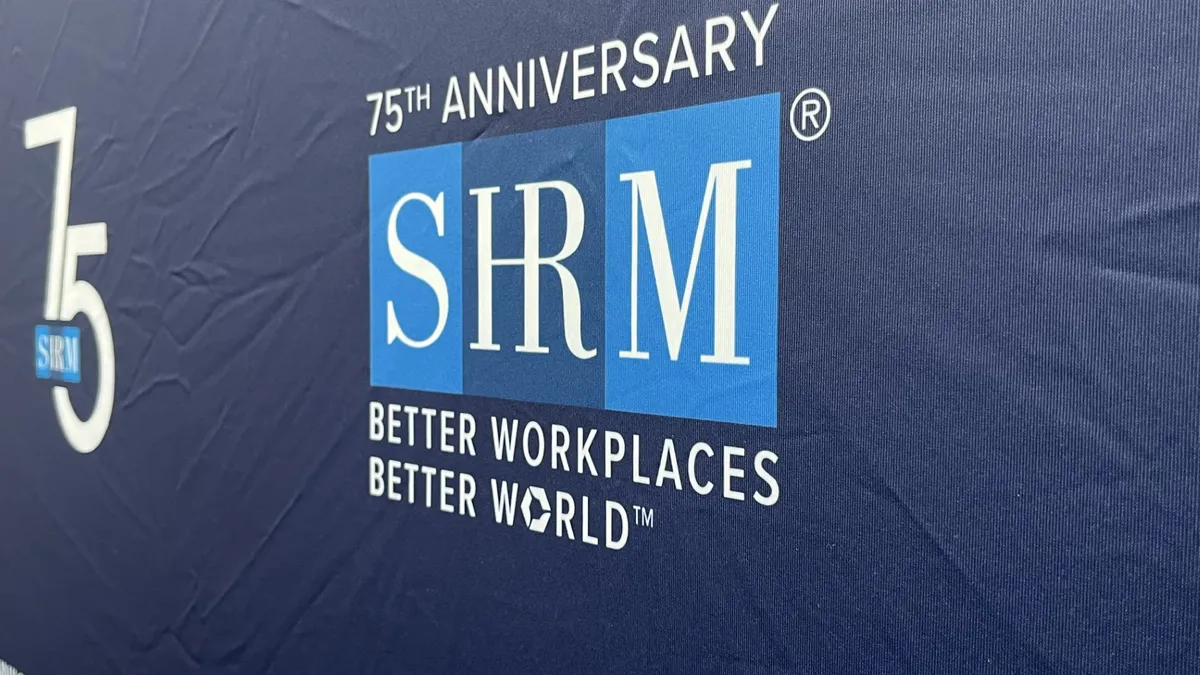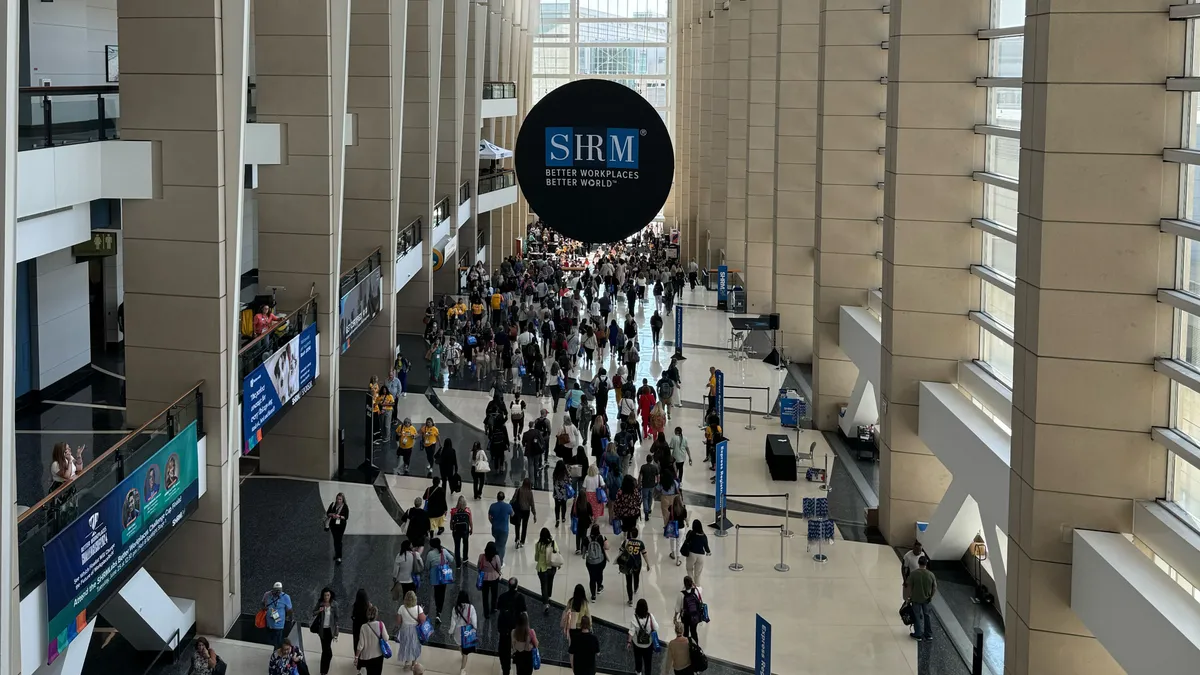CHICAGO — Many HR professionals, especially those in benefits, are familiar with a problem hounding the realm of worker well-being: While employees say they desire and expect well-being benefits, they nevertheless demonstrate a strong hesitation to use those on offer.
Notably, a significant number of HR pros demonstrate an unwillingness to use those benefits themselves, according to Society for Human Resource Management researchers who presented at the organization’s annual conference Tuesday.
SHRM found that while 89% of HR pros are aware of their organization’s mental health benefits, 26% do not feel comfortable asking for the available mental health resources.
Perhaps even more alarmingly, given their role, nearly half said they do not feel comfortable discussing their mental health at work and 35% said they do not believe their organization truly cares about their mental health.
Researchers presented the findings in a session on the mental health of HR workers. The responsibility HR leaders take on in caring for an organization’s talent pool “can set you on a path of not thinking about yourself at the moment when it’s really crucial,” Clayton Lord, director of foundation programs at SHRM, told the audience.
On a positive note, researchers found HR pros generally take pride in their work, find their job meaningful and purposeful, and say their job has led to lasting relationships. But serious investment in a career in HR may come at a cost, with three-quarters survey respondents reporting to SHRM that their job is “emotionally exhausting” and nearly half saying they felt burnt out.
HR workers face unique challenges, the presenters noted, including the stress of being caught between executives’ visions and employees’ reality, the pressure to bury emotions and “put on a mask” when having difficult conversations, and the emotional impact of hearing workers’ stories related to death, illness and hardship.
HR professionals also told SHRM they felt inadequately supported in meeting employees’ mental health needs, saying they could benefit from more knowledge and training, leadership support and time.
“There is definitely a disconnect in organizational culture” when it comes to companies’ professed support for worker well-being and what HR professionals are feeling, Daroon Jalil, senior researcher at SHRM, said.
When asked what benefits would support their mental health, HR professionals largely reported what many other employees have said they value: flexibility. They ranked mental health days, flexible scheduling and occasional remote work days among the top spots.
SHRM worked with One Mind at Work, a workplace mental health organization, to develop a list of 10 steps to help HR workers care for their own mental health. Among other suggestions, the groups recommended HR pros adopt healthy habits, set clear boundaries at work, engage authentically with co-workers and become trauma-informed in their support of others.
While many of the suggestions are likely familiar to HR pros, Lord pointed out that “there are certain places in that data where HR professionals have significantly more negative practices or impacts than the general population” — suggesting, to some degree, a lack of follow-through despite having the awareness.
“So it’s moments like that where it sounds like maybe we're not taking our own medicine sometimes,” Lord said. HR professionals should feel empowered to take advantage of the benefits they’ve spent so much time advocating for and building within their companies, he said.






















